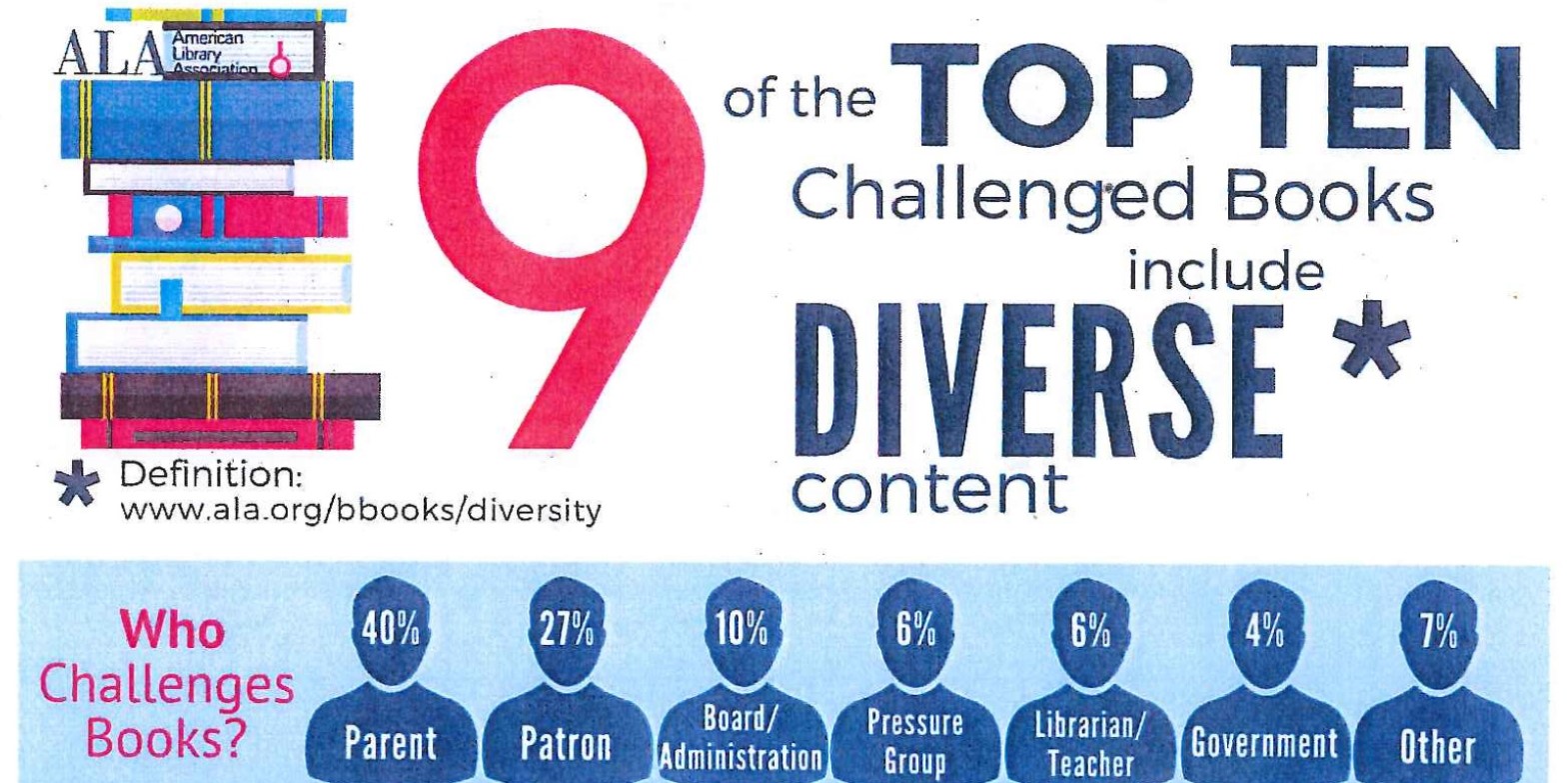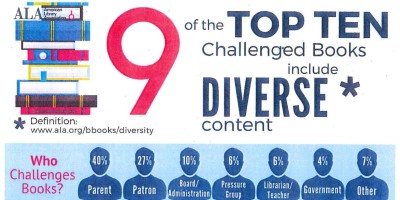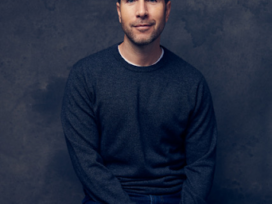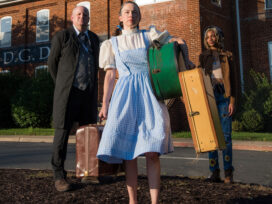
Celebration in Opposition
Joe Fowler, assistant editor
American Civil Liberties Union (ACLU) of Virginia Executive Director Claire Gastañaga spoke on banned and challenged books in the PVCC auditorium on Sept. 29. The event was part of Banned Book Week, a celebration of free expression in literature, according to an announcement on PVCC’s website. The American Library Association (ALA) established Banned Book Week in 1982, Gastañaga said.
Gastañaga described the ALA as the “fiercest and most effective” proponents of the right to read early in her lecture. She then went on to describe the difference between a challenge and a ban. A challenge to a book is more democratic and involves both a challenge to the content of a book and open dialogue in support of either the challenge or the literature, according to Gastañaga. Banning is forced control. “It establishes an orthodoxy to create like-mindedness,” she said

Common themes in the most challenged books of 2015 included sexuality and cultural diversity, according to the ALA. The ALA list included challenges to several forms of religious beliefs including atheism, Islam and Christianity. The Holy Bible was the sixth most challenged book of the year.
“Read the challenged books,” said Gastañaga while giving a list of ways people can stand up to attempts at censorship such as those reflected in the 2015 list. She mentioned several measures individuals can take before saying, “We must be fierce in our advocacy going forward.”
Gastañaga went on to discuss challenges and censorship of classic literature in Virginia, including the Diary of Anne Frank in Culpeper. A Washington Post contributor wrote that the book “was just removed because a parent complained about graphic sexual language.” The Washington Post article went on to quote the director of education in Culpeper at the time as saying, “What we have asked is that this particular edition will not be taught. I don’t want to make a big deal out of this. So we listened to the parent and we pulled it.”
Gastañaga and members of the audience discussed in various ways how big of a deal it was. Though concerned individuals challenged Anne Frank’s diary in 2010, Adolf Hitler’s Mein Kamph did not appear on the ALA’s list of the 100 most challenged books for either of the last two decades, inspiring one attendee to mention her concern over the fact that, “More people are afraid of a woman’s period than the story of Hitler’s life.”







